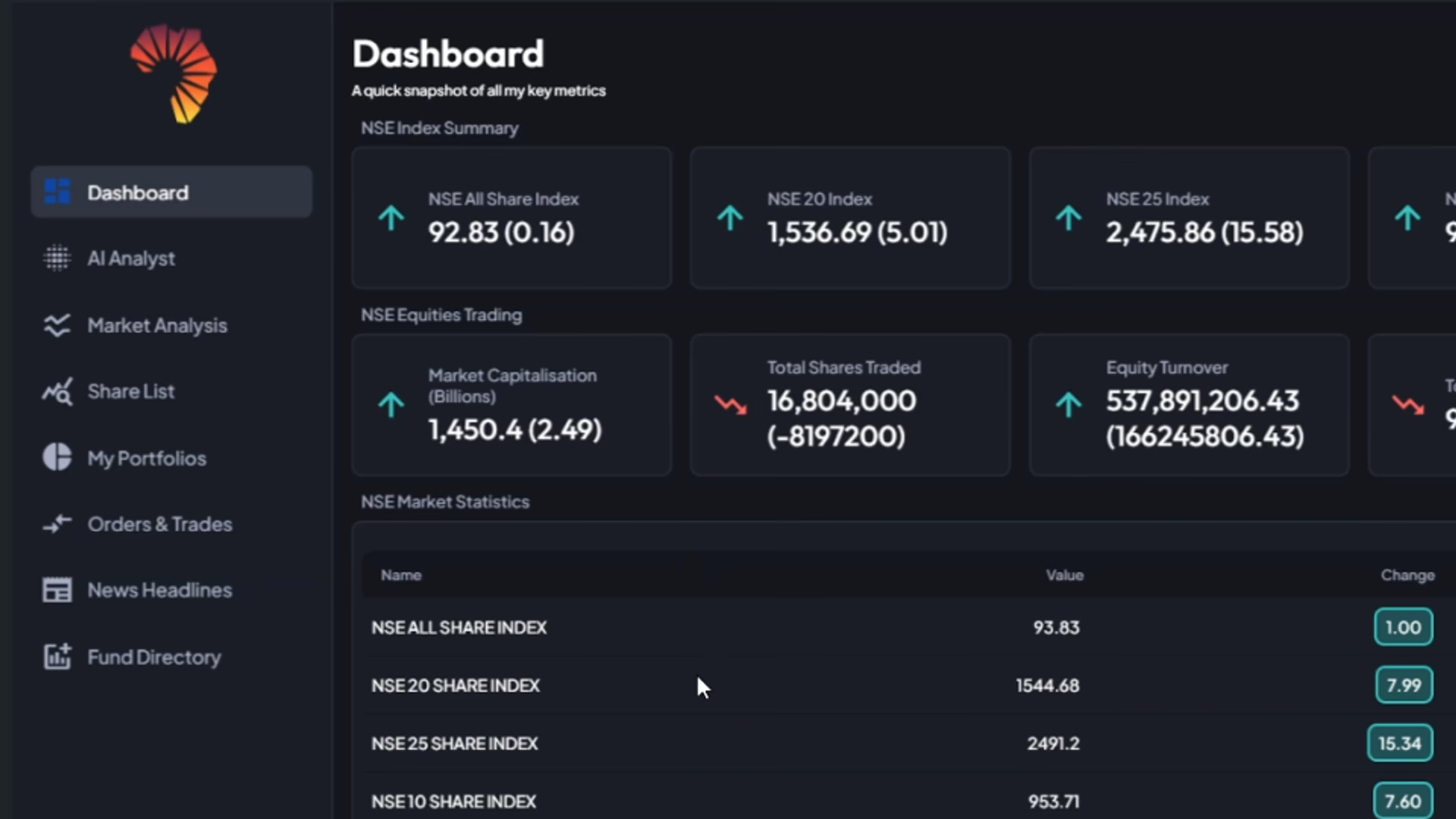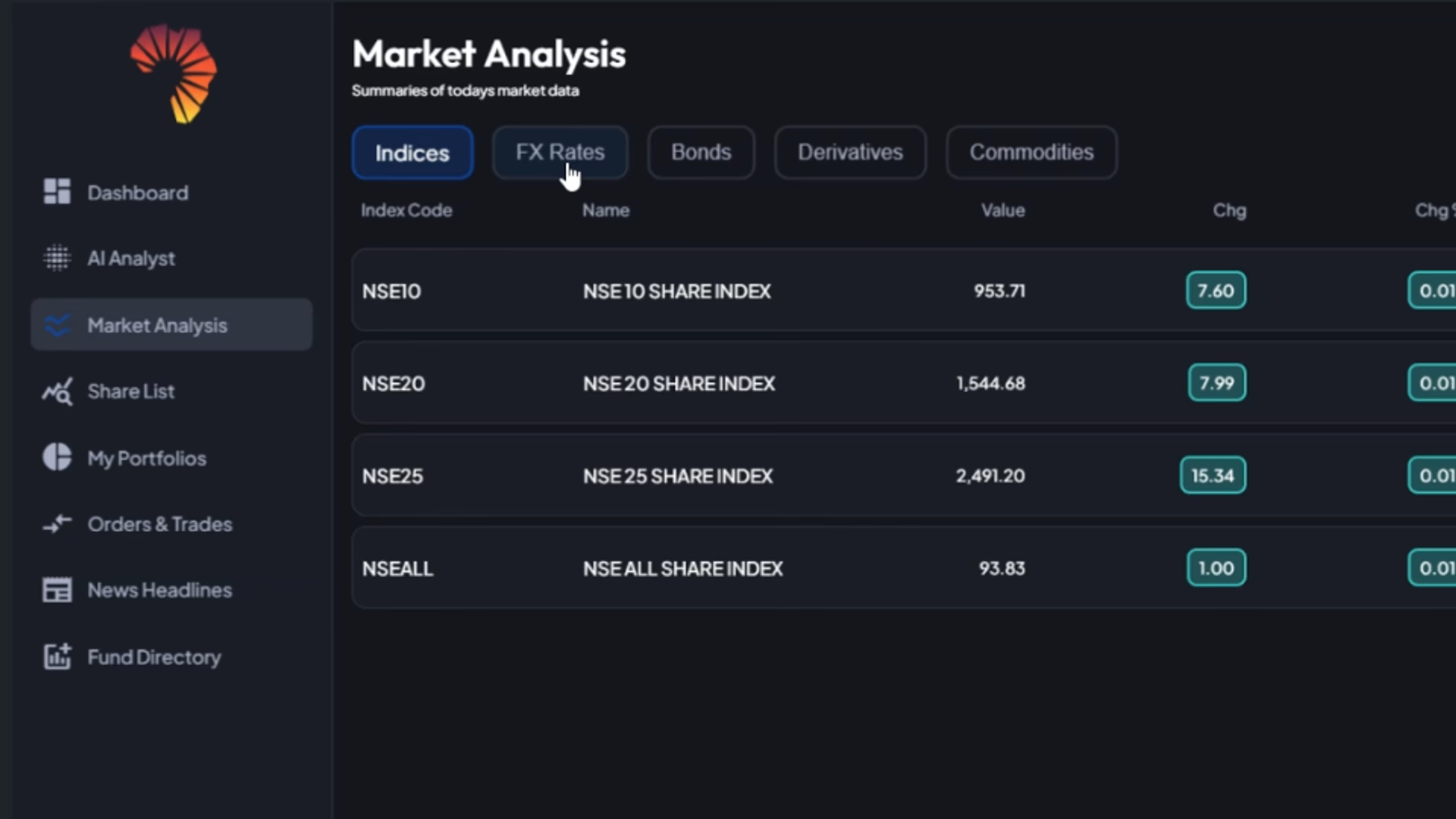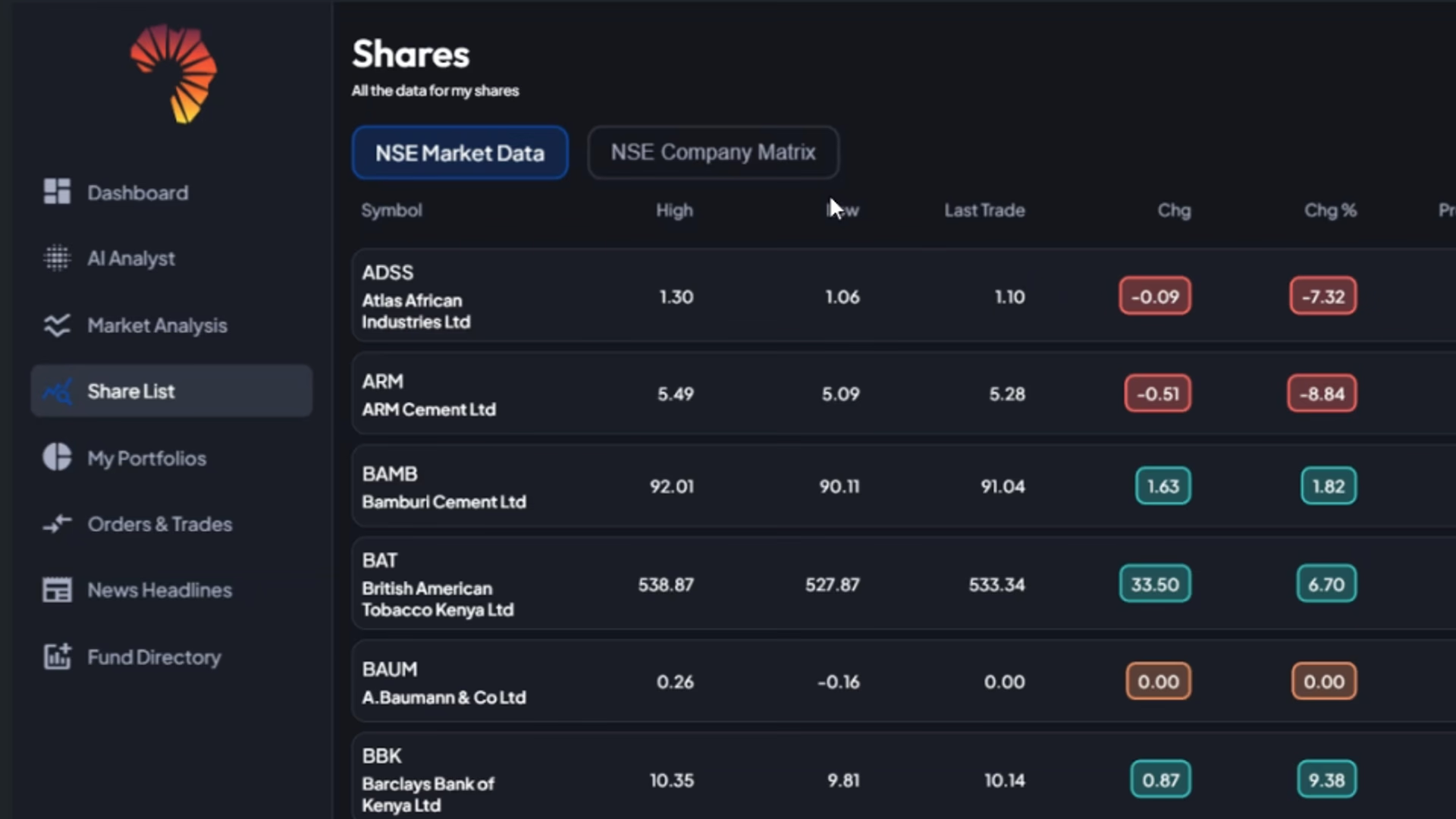Africa’s “must-win battles” in financial empowerment are not merely economic goals but human development imperatives, writes Nicasio Karani Migwi.
Africa’s economic future hinges on winning seven interlinked battles- building financial capability, deepening financial inclusion, improving financial health, ensuring financial security, achieving financial independence, realizing financial freedom, and ultimately attaining financial abundance.
To secure this future, the continent needs to invest heavily in empowering its people with the skills, tools, and access needed to participate fully and effectively in the financial system.
According to Navigator.SE, “Must Win Battles” (MWBs) represent key challenges an organization, or in this case, a continent, needs to conquer to guarantee its long-term success. Africa’s MWBs in the financial sphere involve expanding access, improving literacy, and building resilience for its vast population still excluded or underserved by formal financial systems.
From Microcredit to Financial Inclusion
Globally, the journey toward financial inclusion has evolved from microcredit and microfinance to ensuring that everyone has access to affordable, responsible financial services.
The World Bank’s 2025 Global Findex report reveals remarkable progress. Worldwide, adults (aged 15+) owning a bank or mobile account rose from 51% in 2011 to 79% in 2024. Mobile money accounts alone surged from 0% in 2011 to 16% in 2024. Sub-Saharan Africa has outpaced the world in this leap, using mobile money to bypass traditional banking.
Account ownership in the region has nearly tripled- from 23% in 2011 to 58% in 2024- driven largely by mobile money adoption, which rose from 0% to 40% in the same period.
The Digital Leap and Credit Evolution
Access to credit has also improved. The share of Sub-Saharan Africans who borrowed money rose from 55% in 2014 to 70% in 2024, the highest globally, thanks to digital lending platforms. By contrast, borrowing rates grew modestly in other regions such as East Asia and the Pacific (47% to 53%) and Europe and Central Asia (45% to 55%).
While debit card ownership in Sub-Saharan Africa increased moderately from 15% in 2011 to 22% in 2024, the region continues to trail others, where rates exceed 60%. Credit card ownership remains negligible at 3%, compared to 37% in East Asia and the Pacific and 29% in Europe and Central Asia.
Africa’s digital payments revolution is accelerating. The share of adults making or receiving digital payments in Sub-Saharan Africa rose from 28% in 2014 to 51% in 2024. Though behind East Asia and the Pacific (which leapt from 43% to 80%), the continent is catching up rapidly through mobile money innovations.
Building Financial Capability Beyond Literacy
The next frontier is not just inclusion but capability, the ability to effectively use financial services. This progression moves from financial knowledge to education, literacy, and finally, capability.
Financial capability extends beyond knowledge and behavior to include attitudes, access, and the capacity to act in one’s best financial interest under prevailing economic conditions.
Achieving financial abundance in any scenario is a gradual journey through 11 stages, beginning with financial dependence, where debts exceed income, and progressing through solvency, stability, and debt freedom. Later stages involve accumulating assets equivalent to one, five, or ten years of expenses, before reaching financial security, independence, and freedom- where investment income exceeds living costs and fulfills personal goals.
Africa’s “must-win battles” in financial empowerment are not merely economic goals but human development imperatives. The ultimate stage, financial abundance, is attained when wealth generates more than is needed to sustain one’s desired lifestyle and life purpose.





